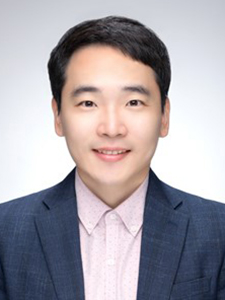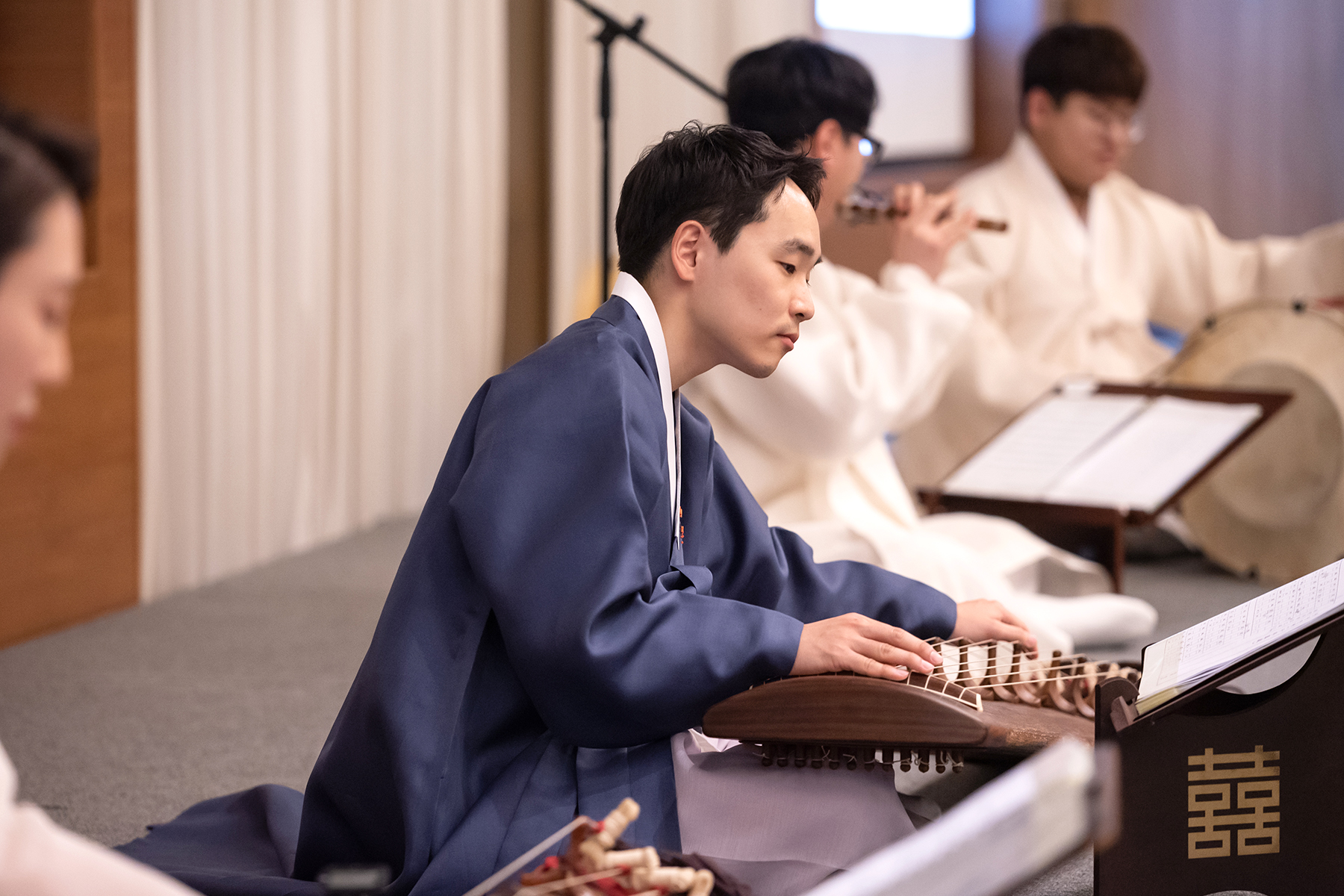Previous Spotlights: Clair Blacketer • Kristin Kostka • Jenny Lane • Anthony Sena • Kees van Bochove • Mui Van Zandt
 Seng Chan You is a medical doctor who majored in internal medicine from Severance Hospital in Seoul, South Korea. He received his Master of Medical Science at the same university, and then he earned his PhD in the Department of Biomedical Informatics at Ajou University, and he has been a leader in the OHDSI community over the last several years. Honored with the 2018 OHDSI Titan Award for Clinical Application, Chan has led the expansion of the OHDSI network into the Asia-Pacific (APAC) region, including hosting the 2019 OHDSI Korea Symposium and assisting in the development of the 2020 OHDSI APAC Symposium.
Seng Chan You is a medical doctor who majored in internal medicine from Severance Hospital in Seoul, South Korea. He received his Master of Medical Science at the same university, and then he earned his PhD in the Department of Biomedical Informatics at Ajou University, and he has been a leader in the OHDSI community over the last several years. Honored with the 2018 OHDSI Titan Award for Clinical Application, Chan has led the expansion of the OHDSI network into the Asia-Pacific (APAC) region, including hosting the 2019 OHDSI Korea Symposium and assisting in the development of the 2020 OHDSI APAC Symposium.
Chan, a leader in several OHDSI workgroups, recently led the effort to have South Korean HIRA data available to the OHDSI global community during the COVID-19 study-a-thon. He c0-led the study “Association of Ticagrelor vs Clopidogrel With Net Adverse Clinical Events in Patients With Acute Coronary Syndrome Undergoing Percutaneous Coronary Intervention” which was published in JAMA in October 2020, and has co-authored many OHDSI network studies, including the LEGEND Hypertension study published in The Lancet.
Chan recently accepted a new position as a Research Assistant Professor at his alma mater. He recently shared thoughts on this new role, OHDSI’s growth in the Asia-Pacific region, leading the COVID-19 data sharing efforts, and plenty more in the latest edition of the OHDSI Collaborator Spotlight.
I completed my residency in internal medicine in 2016. I was one of the stereotypical doctors who usually called the IT team when the computer didn’t work. At that time, I got to know OHDSI, and I was drawn to the vision of OHDSI. I believed that healthcare data should be standardized, believing it could be possible within a few years. So I decided to study biomedical data science at Ajou University to learn biomedical data science and join OHDSI.
South Korea was one of the original COVID hotspots. Can you talk about what you learned from that experience, and how important it was to connect HIRA data with the OHDSI COVID study-a-thon?
Indeed, South Korea is one of the countries most affected by COVID-19 from the very early stages of this pandemic. Explosive outbreaks occurred across South Korea in the first two months of the pandemic. When I attended the OHDSI meeting during early 2020, many OHDSIers were worried about the explosive outbreak of COVID-19 in Korea. As COVID-19 became a real pandemic, international collaboration became more important to tackle this disease. At that time, humans knew little about this novel infectious disease, and many unproven treatments were proposed. Though it was crucial to produce real-world data and evidence for COVID-19, most institutions did not share their medical data to let other researchers analyze.
Korean government and HIRA (Health Insurance Review & Assessment Service) decided to share nationwide administrative claim data of patients with COVID-19 through a distributed research network based on OMOP-CDM without sharing sensitive patient-level data. So HIRA participated in the OHDSI Study-a-thon 2021 for COVID-19 as a sole data partner with COVID-19 data. After this meaningful contribution, other data partners including SIDIAP, Columbia University, Stanford University, and Veterans Affairs, shared their COVID-19 data within OHDSI network. OHDSI continues to provide invaluable real-world evidence and insight for COVID-19. I am so proud that Korea is the first country to contribute a valuable data asset to this international cooperation.
You have been a leader in building the OHDSI community in Korea and throughout the Asia-Pacific region. What are some recent developments within the APAC community that you are excited about, and what do you hope can be accomplished in 2021?
We had the first OHDSI APAC symposium last year, though we could not meet each other in person during active COVID-19 season. And we are expanding the LEGEND-Hypertension study for APAC countries, of which preliminary results were presented in the OHDSI 2020 symposium by Yuan Lu. Now, we can see many OHDSI participants from countries including Australia, Japan, China, Singapore, Taiwan, and Hong Kong in the OHDSI community. OHDSI APAC has set OKRs (Objectives and Key Results) for each chapter. OHDSI APAC is planning to hold an ‘OMOP-a-thon’ to standardize CDMs further across APAC network. I am looking forward to a great leap of OHDSI APAC chapters in OHDSI network.
What has inspired you most about being part of OHDSI?
OHDSI has six values: Innovation, Reproducibility, Community, Collaboration, Openness, and Beneficence. OHDSI pursues highly reliable evidence through innovative ways and open-science spirit. When I started my journey in 2016, many gurus in OHDSI welcomed and helped me a lot. OHDSI works hard to produce medical evidence for better care for humanity. It is truly impressive that OHDSI is trying to hold its values.
You recently took a new position as a professor. Can you discuss where you are now, and why you are excited about this new role?
From March 1st, I started to work as research assistant professor in Severance hospital of Yonsei University, which is the second largest hospital in South Korea. And there are two more tertiary hospitals in Yonsei University Hospital System (YUHS). Here, I will work for standardization, integration, and analysis of clinical big data. I am so excited to announce that YUHS will join OHDSI as an active collaborator. I hope to educate OHDSI to more people, too.
Can you discuss upcoming work, including any opportunities for collaboration from other OHDSI community members?
In this year, my goals are: 1. Release of official mapping table between Korean vocabulary (EDI) and OMOP vocabulary; 2. Documentation of the ETL process for Korean/APAC hospitals; 3. Helping OHDSI APAC sites to achieve small successful stories (or studies). If anyone wants to lead OHDSI study from APAC sites, please let me collaborate with you.
What are some of your hobbies, and what is one interesting thing that most community members might not know about you?
Some OHDSI members saw me playing Korean traditional musical instruments in OHDSI Korea symposium 2019. By learning music, I learned how to continue the work which I am not talented in. If you come to Korea, you can see I am playing the Korean traditional music.
